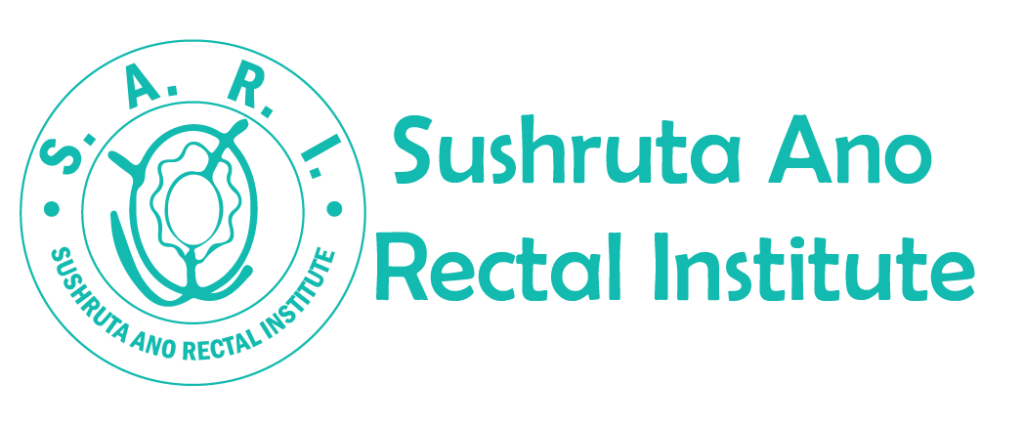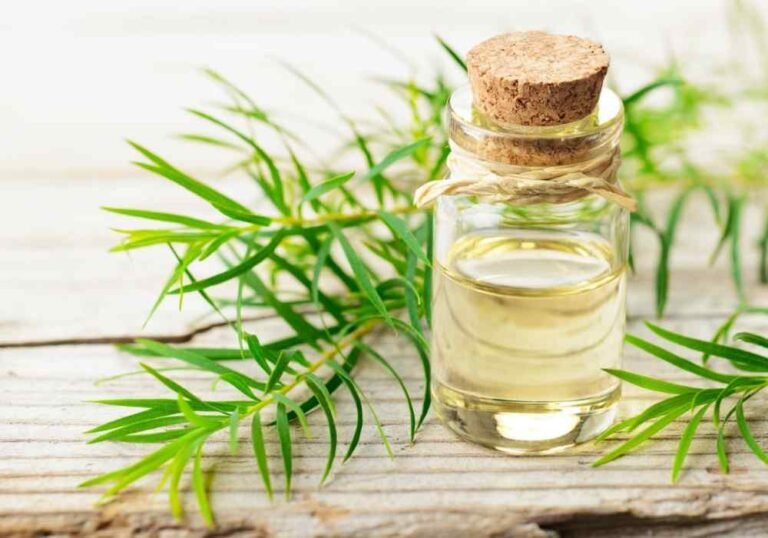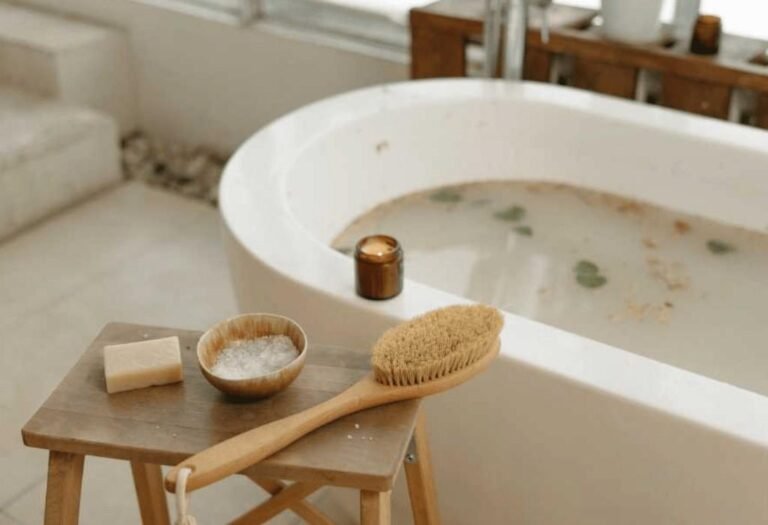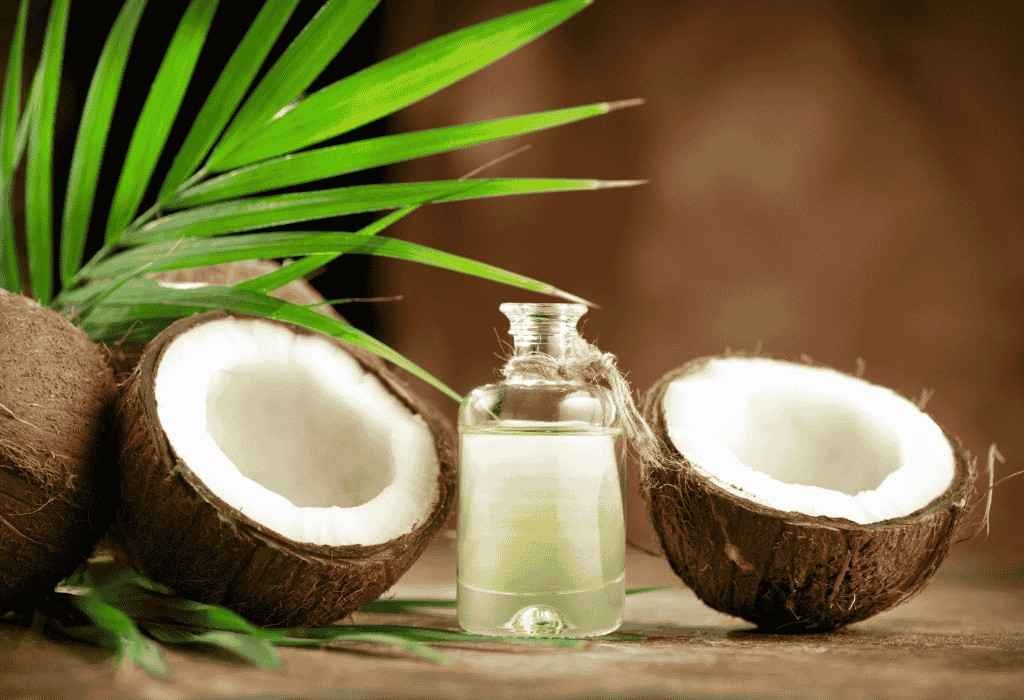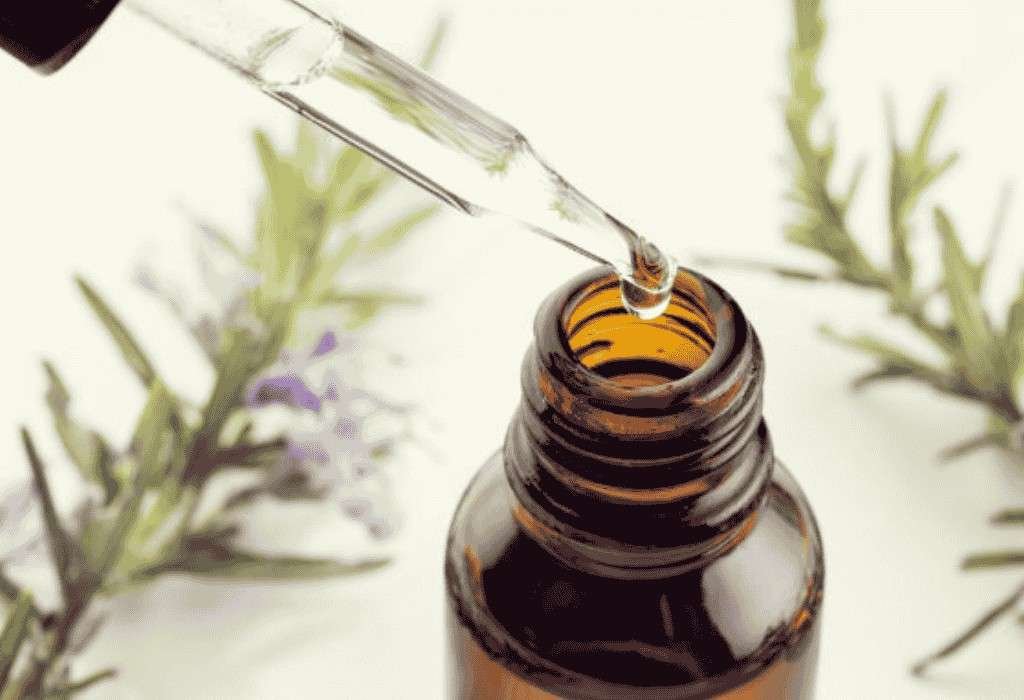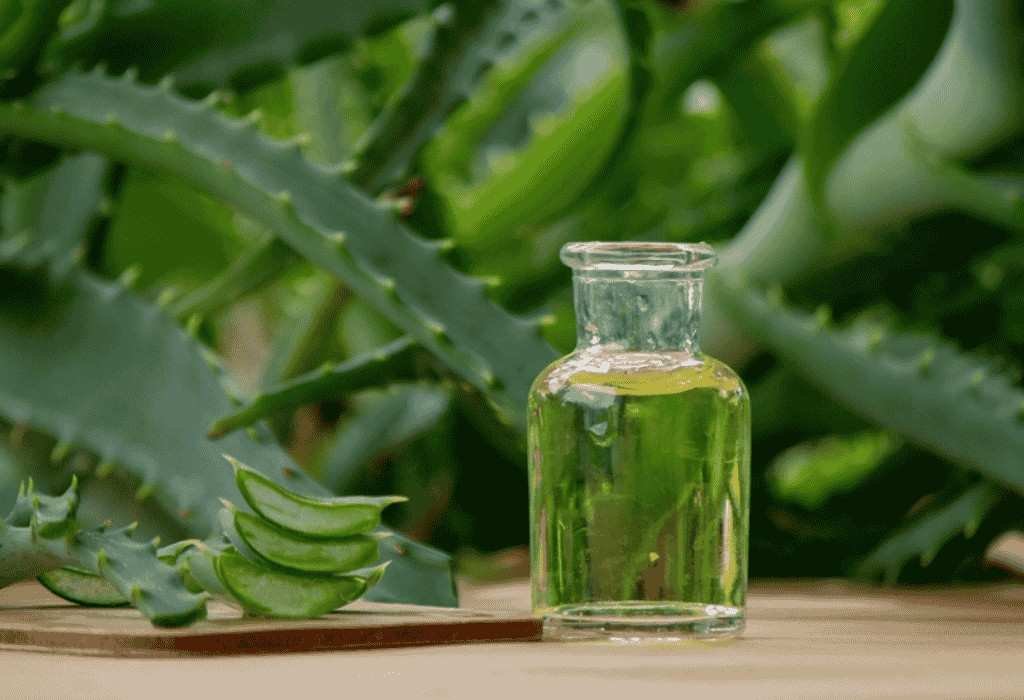Can Fissure Turn Into Fistula?
- March 16, 2025
Anal fissures and fistulas are common yet painful conditions in the anal area. Learn about their differences, the risk of a fissure turning into a fistula, and effective treatment options like Ksharsutra for faster healing.
Introduction
Anal Fissures and Anal Fistulas are common conditions that cause pain and discomfort in the anal area. While these two issues are different, many people worry about the possibility of an anal fissure turning into a fistula. In this article, we will explore whether this can happen, explain the symptoms of both conditions, and discuss the available treatment options, including non-surgical solutions like Ksharsutra treatment for fistula.
What is an Anal Fissure?
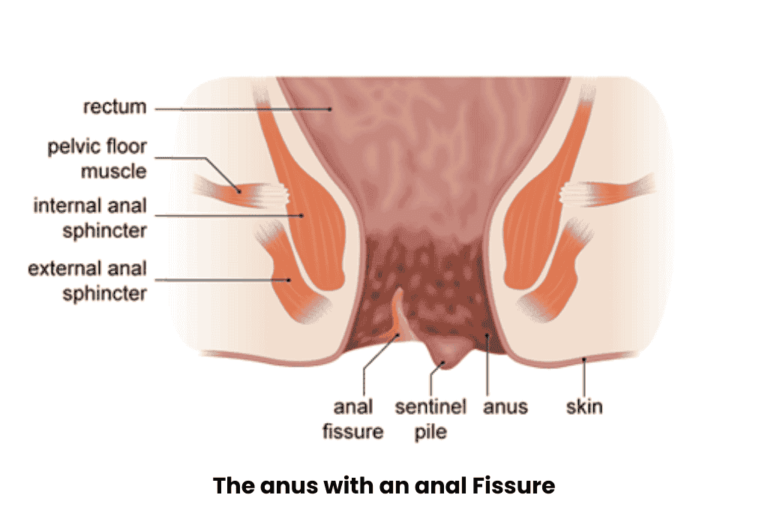
An anal fissure is like a tiny cut or crack in the skin around your bottom. It often results from straining during bowel movements, constipation, or passing hard stools.
Common Causes of Anal Fissure:
- Straining while having a bowel movement
- Chronic diarrhea or constipation
- Childbirth or injury to the anal area
- Inflammatory conditions like Crohn’s disease
Symptoms of Anal Fissure:
- Sharp pain during or after bowel movements
- Small streaks of blood on toilet paper
- Itching or irritation around the anus
- A feeling of soreness or discomfort in the anal area
What is an Anal Fistula?

An anal fistula is an unusual tunnel or passage that forms between the inside of your bottom and the skin around it. It often develops as a result of an anal abscess that did not heal properly.
Common Causes of Anal Fistula:
- Infection of the anal glands that leads to an abscess
- Injury or trauma to the anal area
- Conditions like Crohn’s disease
- Past surgeries or infections around the anus
Symptoms of Anal Fistula:
- Pain or discomfort near the anus that doesn’t go away
- Pus or blood coming from the anal opening
- Swelling or redness around the anus
- Unpleasant-smelling discharge from the area
Can Fissure Turn Into Fistula?
Yes, in certain cases, an anal fissure can develop into an anal fistula. When a fissure doesn’t heal properly, it can lead to infection or abscess formation. If the abscess isn’t treated or drained, it can form a fistula over time.
Complications that can cause this include:
- Infection in the fissure that spreads to surrounding tissue.
- Chronic inflammation causing delayed healing.
- Repeated injury from straining or hard stools.
- Lack of treatment leading to worsening of the fissure.
- Formation of abscesses around the fissure that can turn into a fistula.
Factors That Increase the Risk of Fissure Turning Into Fistula
Certain conditions or factors can increase the risk of a fissure turning into a fistula. These include:
- Chronic fissures that don’t heal properly over time.
- Repeated infections or abscesses causing more damage.
- Straining during bowel movements that keeps reopening the fissure.
- Health conditions like Crohn’s disease or diabetes that affect healing.
- Anal trauma from childbirth or injury that prevents proper healing.
Symptoms of Fistula Development
If a fissure progresses into a fistula, several symptoms may occur. These include:
- Increased pain around the anus, especially while passing stool.
- Pus or blood discharge from the anal area, often with a bad smell.
- Swelling or tenderness near the anus, with possible redness.
- Fever and a general feeling of being unwell if an infection is present.
- Itching or irritation around the anus due to the ongoing infection or discharge.
Treatment Options for Anal Fissures and Anal Fistula
The treatment for anal fissures and anal fistulas differs. For anal fissures, non-surgical methods are often preferred, such as Ksharsutra treatment for fissure.
What is Ksharsutra treatment for fissures?
Ksharsutra is an Ayurvedic non-surgical treatment where a medicated thread is placed in the affected area. The thread helps to promote healing by reducing inflammation and accelerating tissue regeneration.
Benefits of Ksharsutra for anal fissures:
- Faster healing without surgery
- Minimal pain during treatment
- Reduces inflammation and promotes natural tissue regeneration
- Non-invasive and safe treatment with fewer risks than surgery
Prevention
Preventing anal fissures from becoming fistulas is essential to avoid long-term complications. Here are some preventive measures:
- Seek early treatment for anal fissures to prevent them from becoming chronic
- Follow a fiber-rich diet to prevent constipation
- Stay hydrated and use stool softeners if necessary
- Consult a fissure doctor if symptoms persist or worsen to prevent complications
Which Doctor to Consult for Fissures?

If you’re suffering from an anal fissure or suspect it could turn into a fistula, it’s important to consult the right specialist. A proctologist or an anal fissure doctor is the ideal healthcare provider to accurately diagnose and treat the condition.
Dr. S.K. Singh is one of the leading anal fissure doctors in Delhi, with over 30 years of experience in treating anal fissures and anal fistulas. He specializes in Ksharsutra treatment for fissure, providing a safe, non-surgical solution to heal the fissure and prevent it from turning into a fistula.
If you are seeking Ksharsutra treatment in Delhi, Dr. S.K. Singh is the expert you can trust for effective and proven results. Dr. Singh has a high success rate with Ksharsutra for fissures and is committed to offering the best care to his patients. Contact us today to book a consultation.
Conclusion
An anal fissure can sometimes turn into a fistula if left untreated, but with the right care and treatment, complications can be avoided. If you are dealing with anal fissures or are concerned that your fissure may turn into a fistula, consulting an experienced anal fissure doctor is crucial. Dr. S.K. Singh specializes in Ksharsutra treatment in Delhi, a non-surgical and effective solution with a proven success rate. Early treatment can prevent further complications and speed up your recovery.
